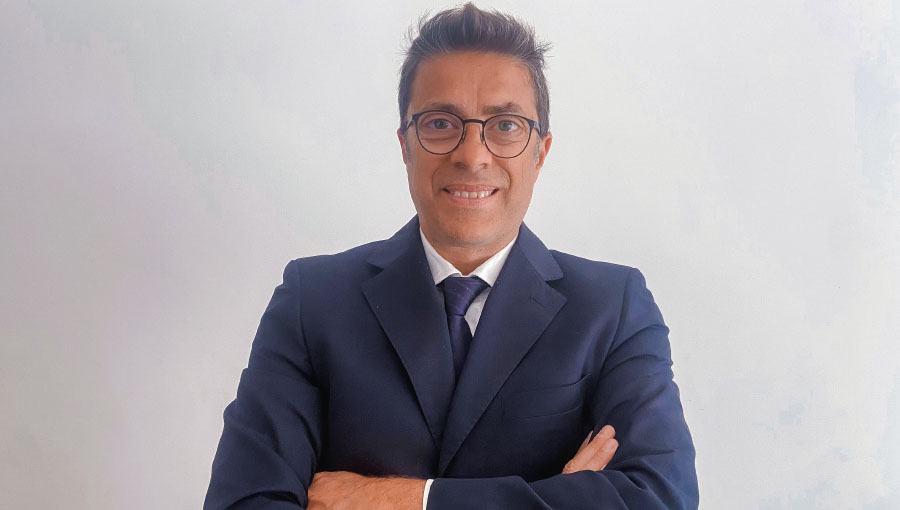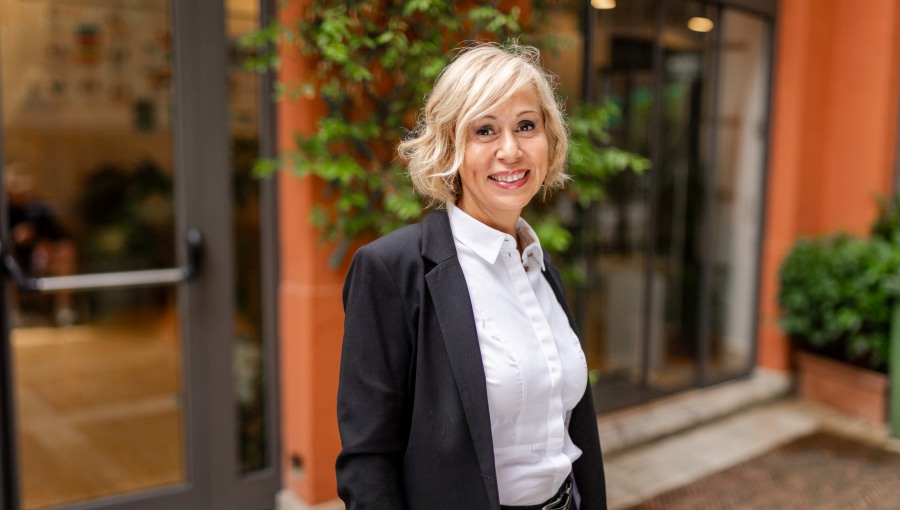Speak Truth to Power: A Dialogue with Journalist and Professor Chris Livesay
Professor Christopher Livesay, Lecturer in Journalism, joined JCU in Spring 2017. A foreign correspondent and producer for PBS NewsHour, his recent work focuses on the Middle East conflict, the rise of populism in Europe, and the refugee crisis. He holds a master’s degree (highest honors) from the Columbia Graduate School of Journalism in New York City, as well as a B.A. in Art History and a B.S. in Italian from Arizona State University. He is currently directing a documentary on American civilians fighting ISIS in Iraq and Syria. Professor Livesay is currently teaching Writing Across the Media.

Professor Christopher Livesay, Foreign Correspondent and Producer for PBS NewsHour
What is your teaching philosophy?
Socratic. I like to ask the students as many questions as possible, provoke conversation and debate, and steer them towards epiphany.
What is one professional challenge that you have faced in your career? What did you learn from it and how were you able to overcome it?
I once had a very famous journalist try to ruin my reputation when I stepped on her turf. She claimed I had misreported a story, and told the outlet to retract my piece. But the facts were on my side, and I was able to prove it thanks to diligent record-keeping. In the end, the experience boosted my reputation and led to better career opportunities in TV and radio. One of the many lessons: journalism is a brutal business. Especially in today’s media and jobs markets.
How did you become aware of the American civilians fighting ISIS in the Middle East, and what about that story inspired you to direct your upcoming documentary?
I met one of them in the weeks before he was leaving the country. He was a charismatic combat veteran, now with a great job, a group of loyal friends, and a loving mother and father. And he was willing to leave all of them and risk his life to fight an unconventional war without the support of the US military. His family was terrified. But he was determined to go. Life doesn’t offer many opportunities more fraught with tension and passion than this – perfect for documentary film-making. When he and his family agreed to let us film them, we didn’t think twice.
What brought you to Italy is the best/worst part about working here?
The bureaucracy is by far the worst thing about working and living here. But I love the pace of life in Italy. The fact that people value quality time spent with friends over a glass of prosecco, or a Sunday lunch, is priceless. I often wonder if the bureaucracy might be the necessary yin to this yang, nature’s way of keeping life in balance.
Tell us about your favorite story or an adventure you experienced while reporting.
My favorite story ultimately became a personal story. I was reporting on a start-up in Beirut called NaTakallam. They train Syrian refugees to be Arabic teachers, then connect them with students around the world using Skype. I met one of them named Ghayath, a really sweet and smart political dissident who was living in Beirut illegally, in constant fear of winding up in jail or being deported back to Syria. He’d been trying fruitlessly to get asylum somewhere. It just so happened that I knew of an asylum program in Italy, The Humanitarian Corridor. I put Ghayath in touch with the organizers, and within a few months he was on a plane to Italy. He now lives in Padua, where he’s very happy. I got to visit him a couple months ago. Here’s a link to the radio story about Arabic teachers, in which he’s featured still living in Beirut.
What is the role of the media today? Do you find it dangerous that news media are moving more and more towards infotainment? Or how do you feel about that?
The role of the media today has never been more clear: to report truthfully, and speak truth to power. Frankly I’m fine with infotainment, so long as it’s accurate. What worries me more is the phenomenon of fake news. I’m astounded by the industrial amounts people imbibe without questioning the source, or without caring about veracity, so long as the message aligns with their ideology. The role of the press is to report the facts, not cater to an audience’s confirmation bias. Cognitive dissonance can be a very healthy thing. To run from facts that challenge your belief system is to miss a key phase of intellectual development, and an essential life lesson: that facts are true whether or not you believe in them. It’s our role as journalists to help people remember that.
What is your impression of JCU so far?
What a lovely place to learn! I hope the students realize how lucky they are.





